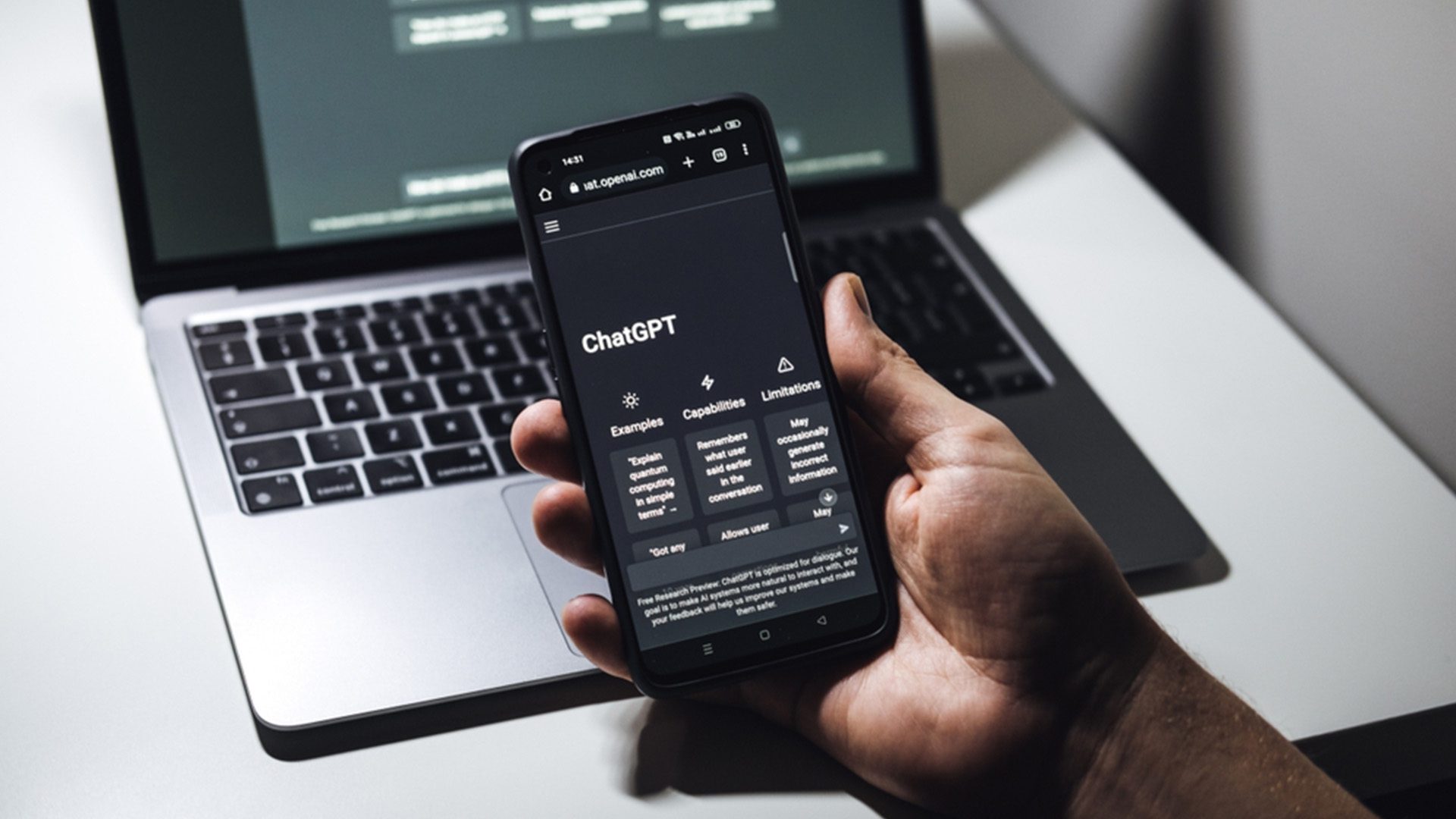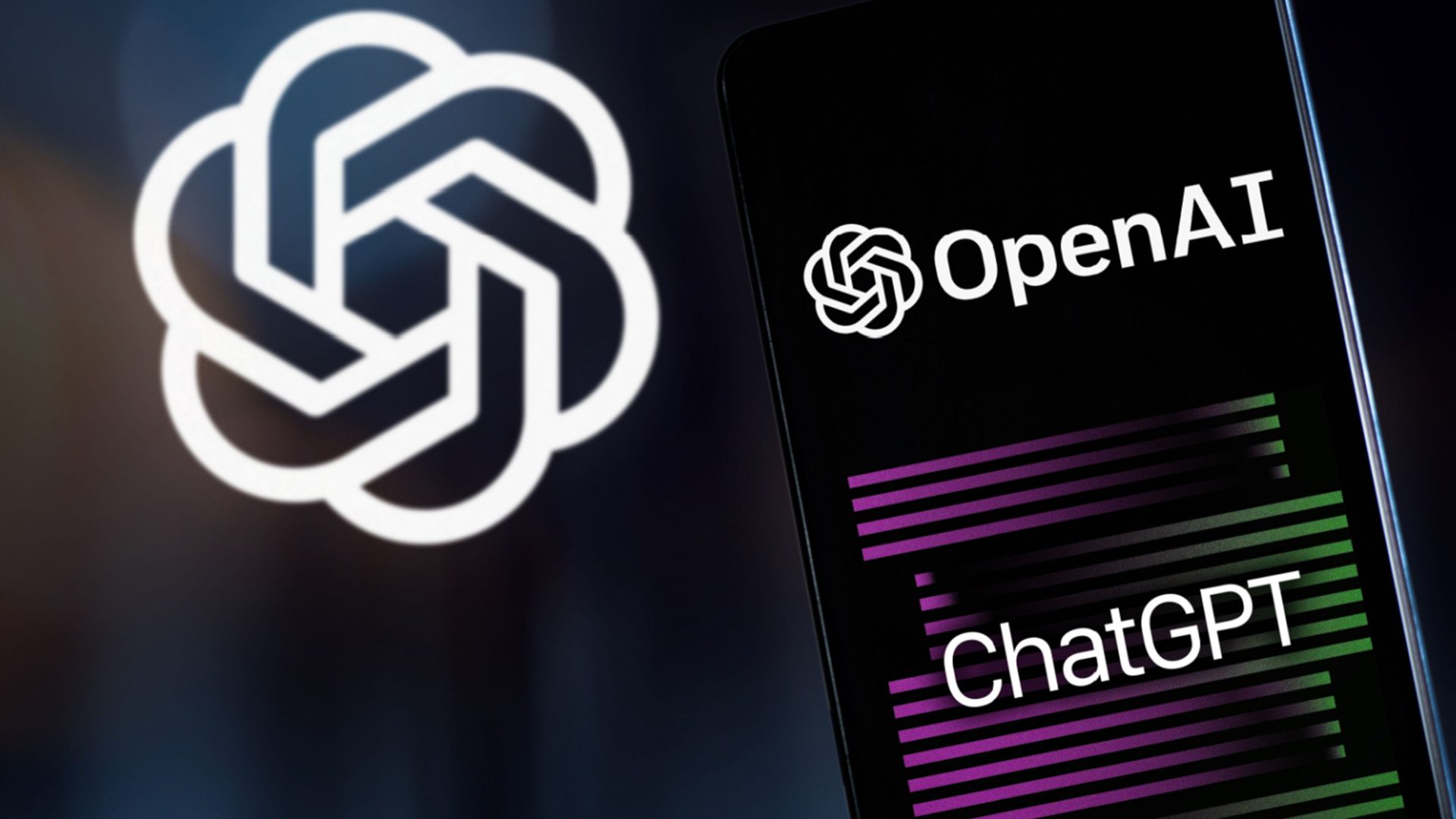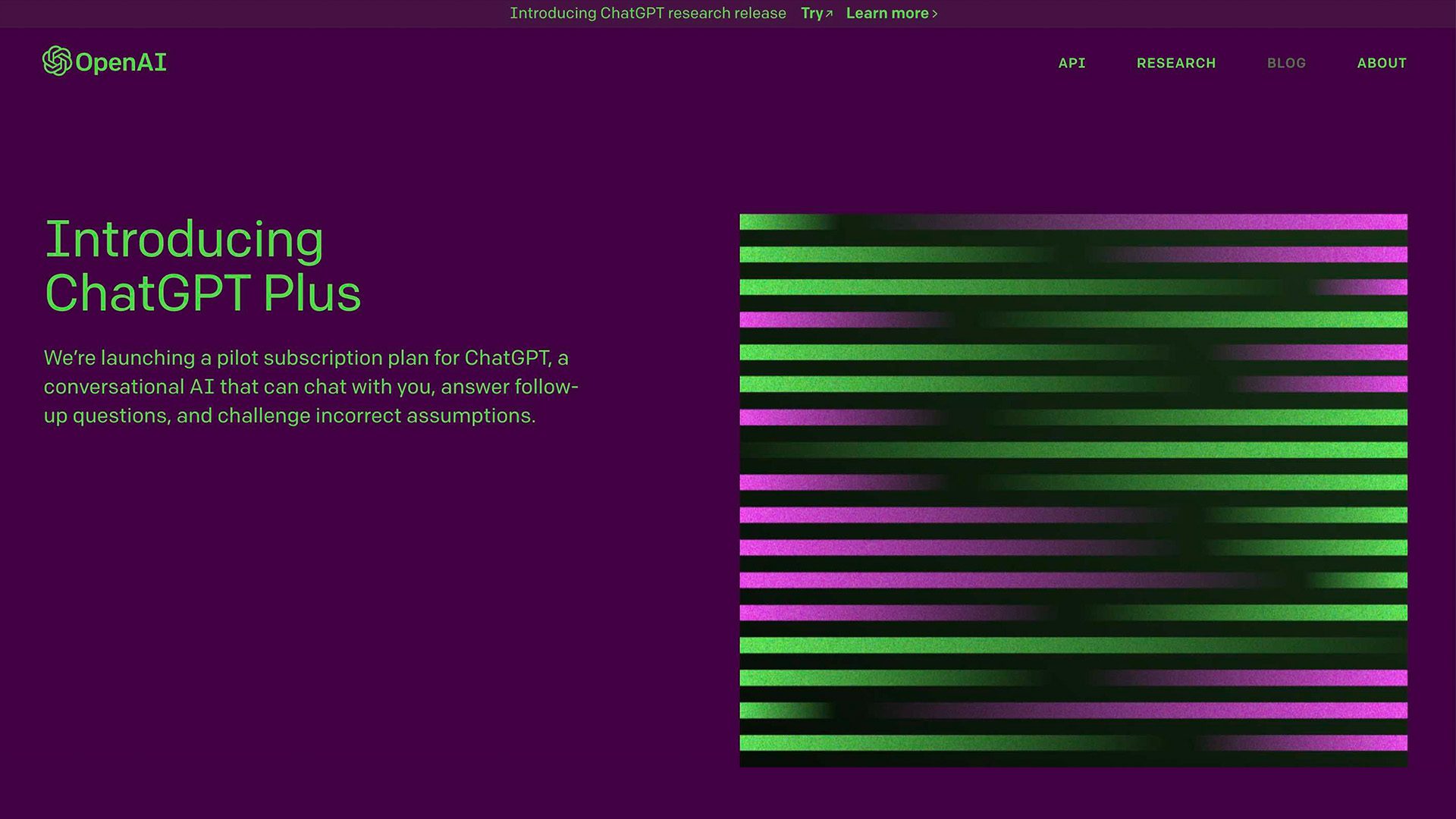Tomorrow’s world is heading toward a future where AI-powered technology could take verbal requests for flights, hotels, dinner reservations, and activities and turn them into a customized travel itinerary. One step along the way toward that future is ChatGPT, a powerful new AI software tool that can also help you plan your next trip.
ChatGPT burst onto the scene in November and has already begun to shake up many tech-driven industries. Unlike AI that’s already familiar to most consumers, ChatGPT is “generative” meaning that it can analyze or summarize content from a huge set of information including books or web pages and use that data to create original or new content. The advanced natural language capabilities also mean that it understands and responds in a more conversational way than previous models.
Travelers using the software can “converse” with the system, sharing information such as their destination, interests, and time of year and they will get back a personalized travel itinerary with vivid descriptions.
Oded Battat, general manager at Traveland (a travel agency in Bridgeport, Conn.), asked ChatGPT for outings he could offer his clients going to Tuscany to see how it could help him. He received a list of 14 activities including museum visits, winery tours, and a stop for gelato in the town square of the medieval hill town of San Gimignano. The software also saved Battat the hassle of collecting all of the travel information and presenting it in an email-friendly format.
A reporter recently requested a two-day itinerary to Whistler, British Columbia, and the software sent ideas such as snowshoeing with a guide who will point out local flora and fauna and taking a dog-sled ride with a team of huskies. And, when given additional parameters, ChatGPT will update its suggestions. For example, in the Whistler itinerary, adding a preference for Thai food prompted new restaurant suggestions.
Monica Pitrelli from CNBC also tested the software and stated, “ChatGPT is fast, chatty, and feels like you’re interacting with a human. I found myself responding with unnecessary pleasantries — “Ok, sure” and “Thank you” — out of habit.”
ChatGPT travel planning does, however, have a few limitations. Its information base currently doesn’t go beyond 2021 and it doesn’t have access to important travel-related data that can change frequently including updated airline schedules and weather forecasts. The software also doesn’t have the capability to distinguish the difference between reliable and unreliable sources of information on the internet, so it can offer untrue answers. New versions are in development and expected to continue improving, including one major update released this week.
Chad Burt, a co-president of OutsideAgents, a Jacksonville, Fla., company with 8,000 advisers in its network. Burt, who has been experimenting with ChatGPT, has used it to create more than 100 travel itineraries, “The result is a great starting point and “can save some basic legwork,” he said, “but a good agent still needs to fact-check and enhance it.”
One of the world’s largest online travel companies, Expedia, has been using AI technology to personalize travel recommendations and program its online virtual advisor for years. According to Peter Kern, Expedia’s Chief Executive, Chat GPT represents a “significant new step.”

Expedia is looking to ChatGPT’s technology as a possible means of giving customers a more conversational way to interact with their software by speaking or typing questions instead of simply clicking. Expedia could also work with ChatGPT to better personalize travel recommendations by combining ChatGPT’s data with the data they collect: customers’ purchase history and the most current pricing and availability of hotels, cars, airline tickets, etc.
University of Washington professor of computer science, Aylin Caliskan, predicts that travel companies will add their own data and programming to generative AI systems such as those being created by Google, Amazon, and OpenAI. Since these systems take a large amount of data, work, and investment to create, it is much more efficient to build on top of them. A travel insurance company, for example, could build a system using the natural-language capabilities of software such as ChatGPT which could be used to help travelers choose the most appropriate policies or guide them through the process of submitting claims.
If ChatGPT and other generative systems are able to eventually gain access to up-to-minute travel information, however, this would significantly advance the efficiency of the entire industry. Chekitan Dev, a professor at the Nolan School of Hotel Administration at Cornell University, states one example that, if your flight is delayed, this type of system could be set up to automatically postpone any car rentals, restaurant reservations, hotel bookings, or activities and/or rebook them for a different time.







